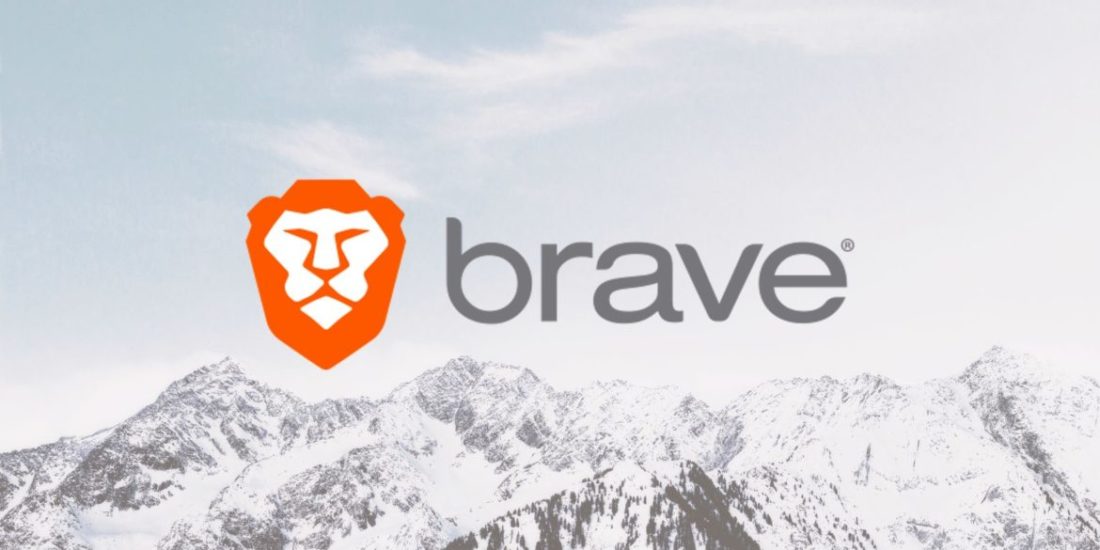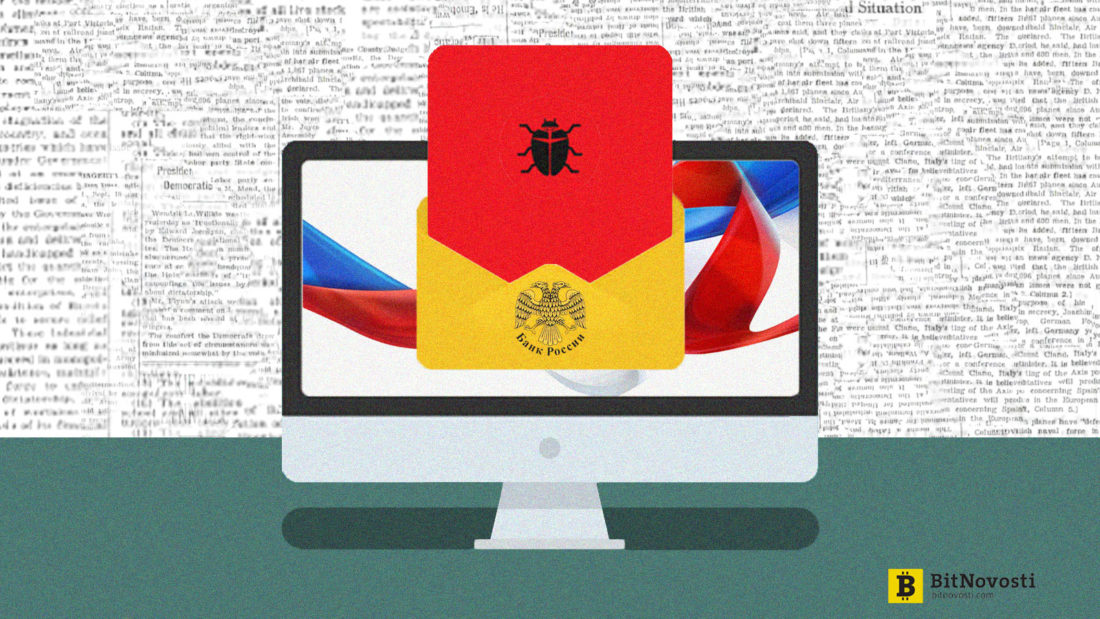HP's research found that people are increasingly concerned about being tracked online. Here are the main onesthe threats that await you today online, and ways to protect against them.
In light of the news that the webcam mayto shoot you without your knowledge, it is not surprising that people are bothered by network espionage. According to a new study from HP, 6 out of 10 people are so worried that they still tape the webcam with tape, stickers, or even adhesive tape. In reality, adhesive tape is not enough for online security. Therefore, it makes sense to consider the main threats lurking people and online business. Here are some things to look out for in random order.
</p>Hacking webcams

Frankly, this is an invasion of privacy,is perhaps the least worrisome, mainly because it is the least likely - although we recently heard about a flaw in Zoom, the popular video conferencing program, that could allow a malicious site to activate the camera without your permission or knowledge(the company has already fixed the defect).
Just if you really think about it, it seems the most sensational and scary. Obviously, no one wants to think that someone can watch them without their knowledge.
The good news is that some manufacturers now have a physical switch. This means that you can control when your webcam is active using the button.
Phishing emails
This, perhaps, still remains the mosta common online security issue, and while bad guys are becoming more sophisticated, this is also the easiest way to prevent. Do not click on the links in letters from strangers, and if the sender is familiar to you, do not click, if there is the slightest suspicion that something is wrong.
Also pay attention to the URL before entering any personal information, such as a username or password, and make sure that you are using a secure connection such as HTTPS.
Browser extensions
More recently, it was reported that many dailyThe browser extensions used collect your browsing history and sell it under the guise of marketing research. That's right, plugins you add to Chrome or Firefox can sell your personal information.

Fortunately, Google and Mozilla block suchextensions, but you can do something too. First of all, do not install extensions from third parties that require permission to collect your data. You can also consider a more secure, security-oriented browser, such as Brave or even Safari, where tracking between sites is disabled by default.
Ad tracking
Ironically, or maybe not, that your personalinformation is perhaps at its greatest risk when you use programs and online services that most people don’t think about properly. For example, Google and Facebook built an unusually profitable business by receiving as much information about you as possible and using it to show you relevant, in their opinion, advertising.
They mainly do this throughveiled technology that tracks your actions not only in their services, but also during your wanderings on the Internet. This is what allows them to show you embarrassing ads for something you just read about somewhere else. Yes, yes, the one when you think someone is watching you.
Device tracking
Likewise, your mobile device is anothera huge source of data that advertisers need. Your iPhone is literally leaking information while you sleep. Or at least the apps installed on it send information at an alarming rate, often to services like Facebook, which then use it for advertising.
In short, turn off background application updates.
Data leak

However, the worst case scenario is your leakdata about bank accounts, credit cards, medical history and other confidential information. It is also the most difficult to defend against this, since this data is mainly not under your control. You rely on service providers to keep your information safe, because otherwise catastrophic consequences could occur.
However, if you are a business owner, you canconsider using services that offer end-to-end encryption when storing data, which means that in the event of a data leak, it is unlikely that anyone will be able to decrypt it.
Viruses and Ransomware

This is perhaps the biggest threat, especially forbusiness. Viruses can cause serious damage to devices and information, and ransomware can take over the whole network and demand an ransom from the owner for the return of access to data.
Attackers are definitely becoming more and moresophisticated, but you can defend yourself by teaching your employees the basics of Internet security: do not click on unfamiliar links; Do not download files attached to letters from suspicious senders; and do not run or install applications from sources that do not have a good reputation.
</p>


